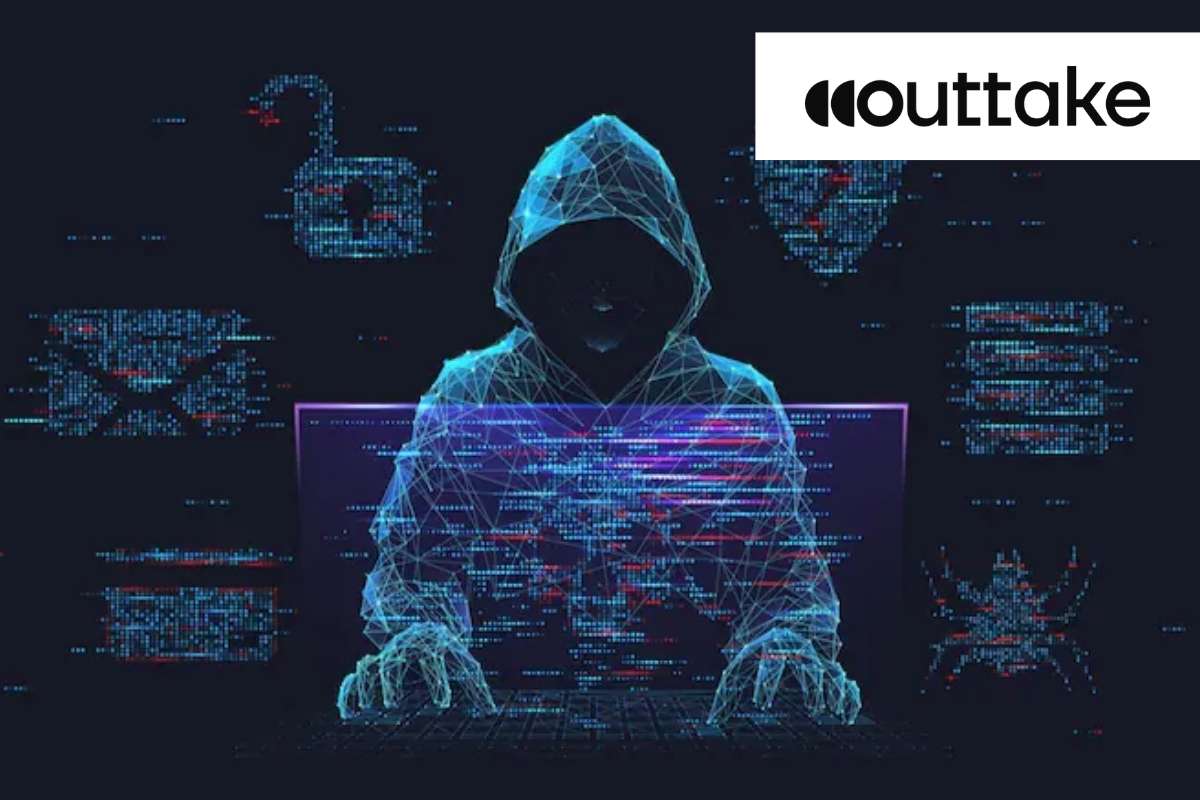(Source-wosu.org_.jpg)
A recent cyberattack on Columbus City’s servers has left thousands of residents vulnerable as foreign hackers breached the system, compromising sensitive personal information. The ransomware attack, which occurred last month, has raised serious concerns about identity theft and public safety, as authorities scramble to contain the damage.
Impact and Immediate Response of Columbus Cyberattack
The breach exposed a vast amount of personal data, including driver’s license numbers, Social Security numbers, birth dates, addresses, and the identities of domestic violence victims. The sensitive nature of this information has heightened fears of identity theft, fraud, and other related crimes among Columbus residents. In an effort to prevent further damage, city officials severed the city’s internet connection on July 18, leading to the disruption of essential services, such as the 311 hotline and city email communications.
The Columbus Cyberattack cybercriminal group Rhysida, which claimed responsibility for the attack, demanded a ransom in exchange for not leaking the stolen data. The involvement of federal agencies, including the FBI and Homeland Security, underscores the severity of the situation. Despite these efforts, public updates have been limited, a strategy Mayor Ginther later explained was meant to avoid provoking the hackers. At a news conference, Ginther stated that much of the data obtained by the hackers was unusable due to corruption or encryption, though this claim has been met with skepticism by cybersecurity experts.
Ongoing Investigation and Legal Actions
As the investigation unfolds, the extent of the breach continues to cause concern. Local cybersecurity experts, who were directly affected by the breach, have confirmed that the attack did indeed expose individuals’ identifying information. In addition to public employees, the breach also compromised the data of anyone who used an ID scanning system to enter City Hall. This revelation has further deepened the public’s anxiety and prompted swift legal actions.
In response to the breach, the city is offering credit monitoring services to both current and former employees, a measure aimed at helping them detect and mitigate potential identity theft or fraud.
However, this has not quelled growing unrest among those affected. Last week, two Columbus police officers, one of whom works undercover, filed a class action lawsuit against the city, alleging that their personal data had been compromised. The Fraternal Order of Police has reported that several officers have already been victimized by bank fraud and attempted loan fraud as a result of the breach, amplifying calls for accountability.
Growing Threat and Public Advisory
The Columbus cyberattack is a stark reminder of the growing threat that ransomware poses to state and local governments. A report from the Center for Internet Security revealed that malware attacks on such entities more than doubled between 2022 and 2023. These findings highlight the increasing sophistication and frequency of cyberattacks, which continue to exploit vulnerabilities in public sector systems.
City officials are working diligently to address the breach, with a spokesperson emphasizing that they are still investigating and verifying the influx of information. In the meantime, Columbus residents are being urged to take proactive steps to protect their personal information. The Federal Trade Commission has issued guidelines on how to monitor accounts for unusual activity and protect against identity theft. These measures are critical as the city continues to evaluate additional resources to support affected individuals.
As the investigation continues, the full impact of the breach remains uncertain. However, city officials have vowed to act swiftly on verifiable information to protect the community. The attack on Columbus is part of a broader trend of escalating cyber threats that demand increased vigilance and robust cybersecurity measures at all levels of government.
Also Read : CyberPro Magazine






